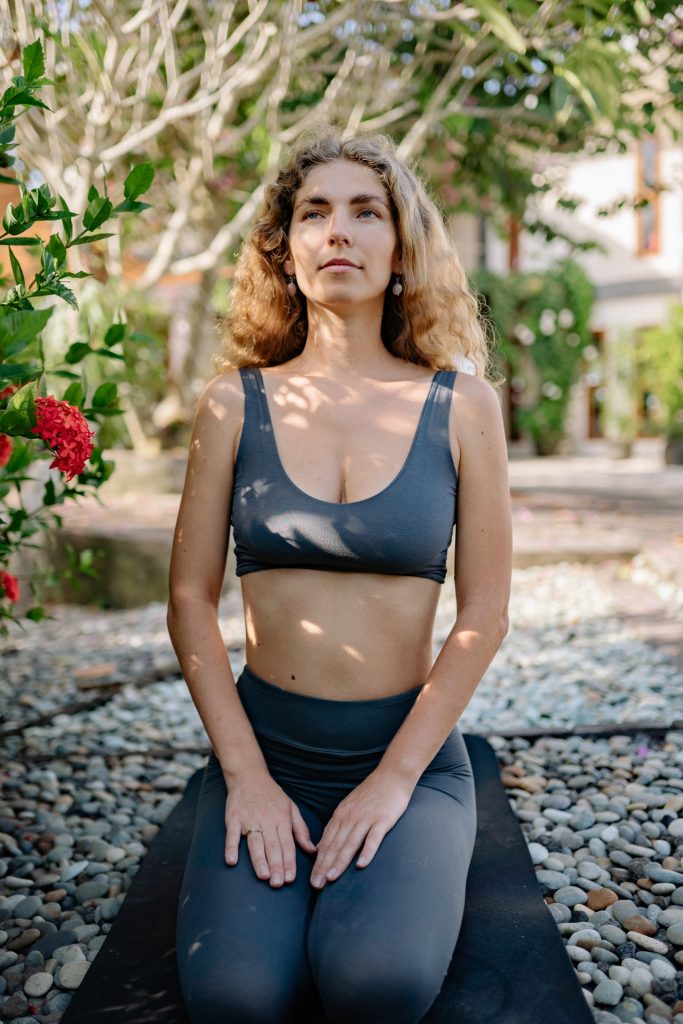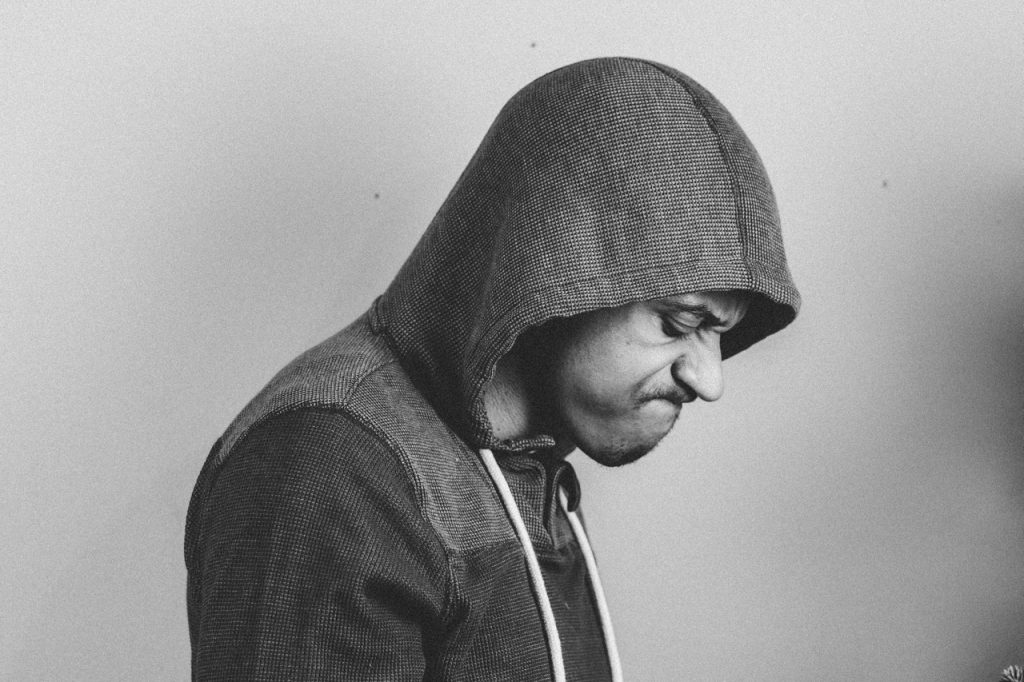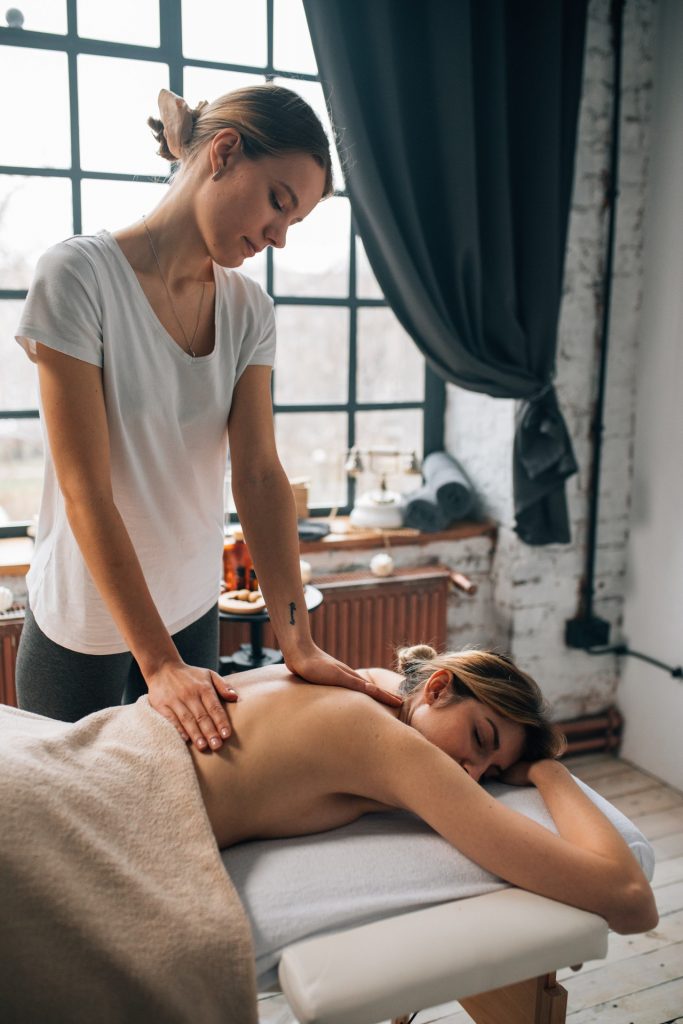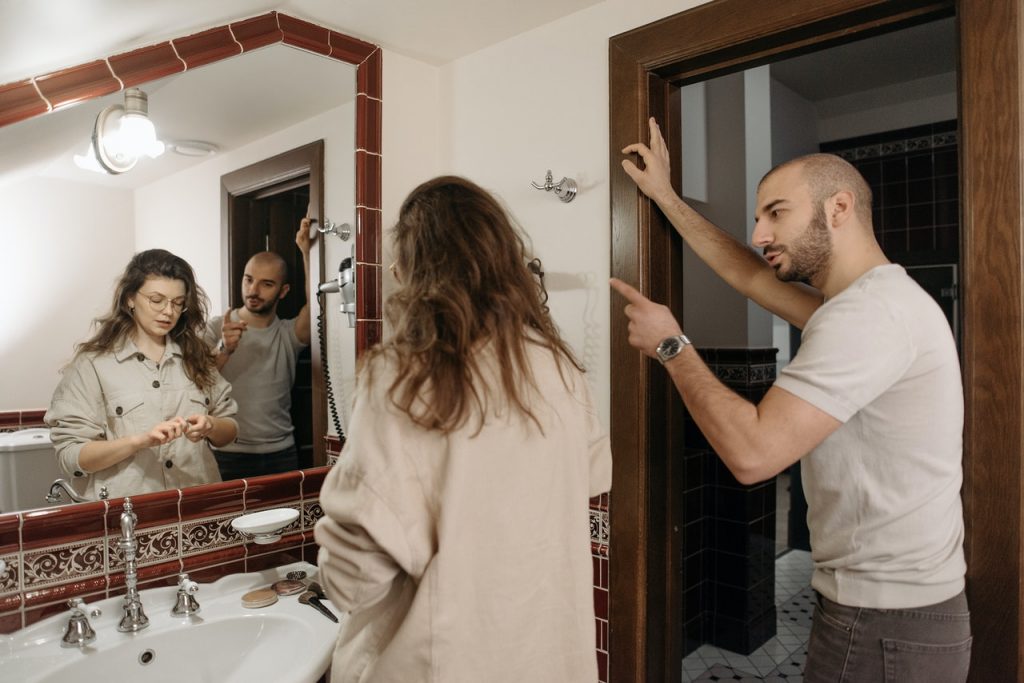On Inner Peace and It's Ability to Transform Fear

All of you have experienced inner peace at times in life. Even if they were for brief or short-lived periods. So if I asked you to imagine what inner peace feels like - some part of you would know what I'm pointing to. A big part of our personal growth path is learning how to access this feeling without being dependent on factors external to ourselves.
For example, if our inner peace is dependent on needing someone to behave in certain ways towards us - we will only be able to feel at peace when this person's actions are in alignment with what we want. And since we have no real power to control the actions of others - our inner peace will always be fleeting.
This is the same as if we need things in our environment to be a specific way. Like, what the weather will be like - or which politicians are in charge. We have no real capacity to control these things.
Yes, we can get angry when things don't go our way. We often do this because we feel powerless in our ability to arrange our environment in a way that feels safe for us. But ultimately, we again have no real power to control all the different things that we may be presented with in life.

Therefore, inner peace means that we have to learn not to be fixated or attached on an emotional level to the things going on around us. It is generated from within - and can't be dependent on our relationships or life circumstances to be arranged in a certain way.
And in this way, we become, or rather are, the source of inner peace. It's not something that can be given to us, or taken away from us, for that matter.
Inner peace is about awareness of the self. It's about knowing who we truly are - and allowing things to unfold around us without affecting our sense of peace. And this inner peace is what flows out into our surroundings to create peace on a larger and broader scale.
Any area of our life where we are inflexible or rigid - has the potential to affect our inner peace. It could be people or situations like I mentioned earlier, but it also could be our beliefs - or our internal rules about how things should be. For example, I might have this internal rule that I have to have less than 10% body fat in order to be attractive. So if my body fat percentage ever goes over 10%, my inner peace will be affected.
And so, we must learn how to access inner peace. This is a lot easier to do when the people around us are open and loving - and the circumstances we find ourselves in life - line up just right. But the challenge is choosing to feel at peace no matter what life looks like - even if the situations or people with which we find ourselves are negative or full of fear.
For many people, the physical body is one of the easiest ways through which to access inner peace. It could be through touch - like getting a massage. Or it could be using the mind to relax the body in parts like in certain kinds of meditation or qigong. Tai chi is another great way to access the stillness within. Whatever method works best for you - you want to practice it regularly. The more often we access inner peace, the easier it will become for us to choose it when we're feeling stressed, anxious or unbalanced.

When we feel at peace, we are able to more consciously affect our outer world. We have a better sense of who we are and how we wish to influence our surroundings. It allows us to create and manifest from a place of deeper connection with ourselves.
When our minds are turbulent or anxious - what we desire or wish to manifest is usually just a short-term fix to some fear-based thought. And these short-term fixes distract us from working towards fulfilling our greater purpose in life.
So inner peace has the ability to transform fear - by allowing us to be open and vulnerable to what comes. When we have this deeper sense of knowing that we're always going to be okay, we no longer feel the need to have to control people or situations - or defend our beliefs and personal truths.
In fact, life always presents us with opportunities to see exactly where we are attached to a specific outcome. For example, maybe we're insecure in romantic relationships - so we try to be controlling of our partners. Our lack of inner peace in this area points directly to our fears and gives us insight into ourselves.

However, we don't need to overly fixate on our fears. Fixating on our fears only gives them more energy and makes them more real. Instead, we can just focus on inviting more inner peace into our lives. When we do this, fear naturally dissolves as we become more vulnerable and transparent. We learn to release our attachments to having other people act in specific ways - or having the world operate in ways that we feel are right or how things should be. In fact, life often unfolds in ways that are "better" than we could have even imagined or anticipated.
And from this heart-centered place, we are able to remain more open when we come across situations that would normally make us feel hurt or apathetic. It is from this space that we are able to access more compassion and understanding for others. It is from the space that we are able to continue to invite more inner peace into our lives and therefore all the other lives we touch as well.
